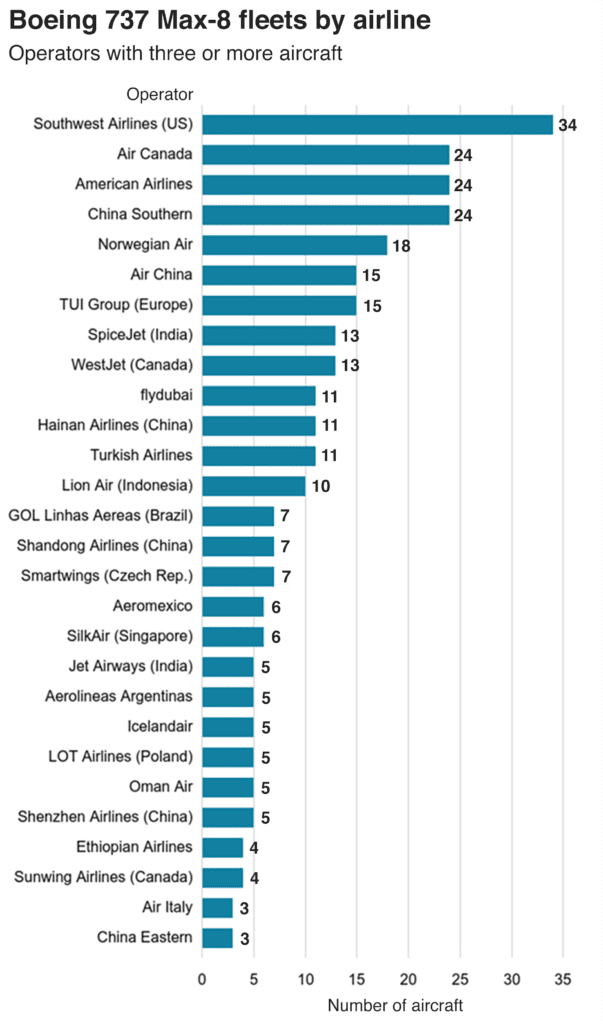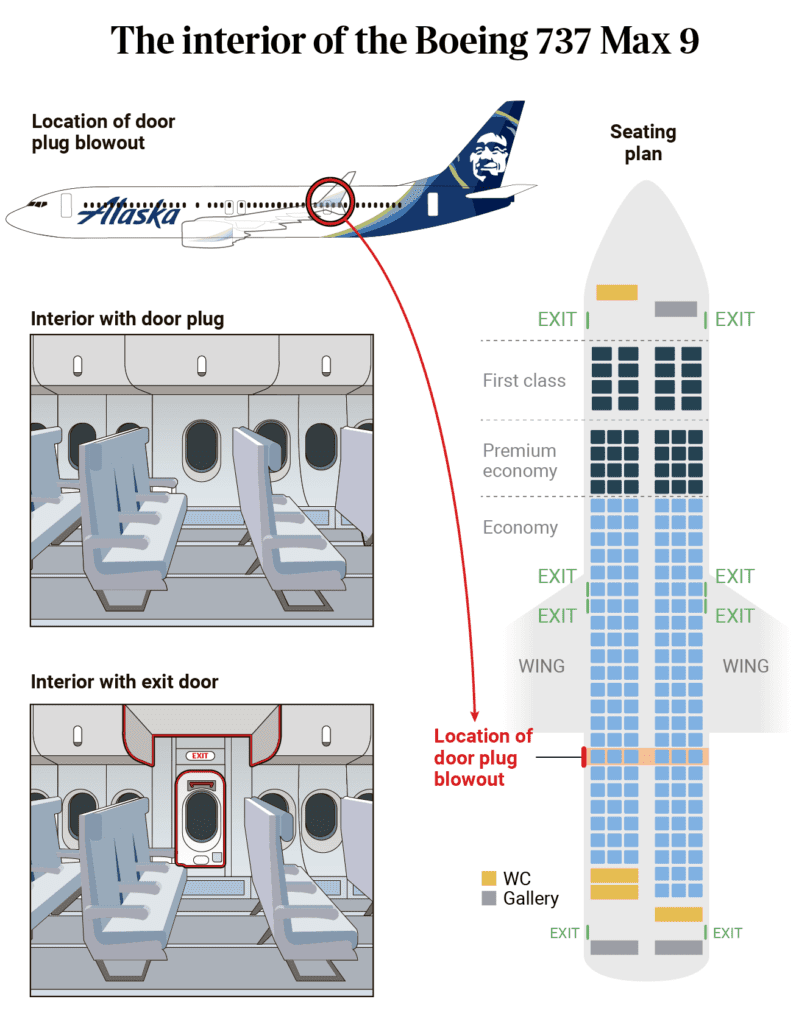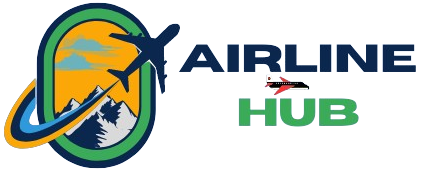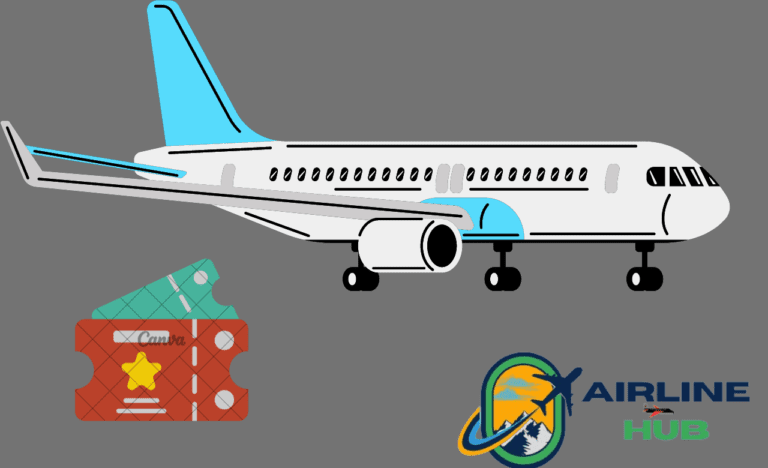What airlines use Boeing?
Airlines use Boeing, one of the foremost aircraft manufacturers globally, has left an indelible mark on commercial aviation. With a rich history spanning over a century, Boeing has been instrumental in shaping how people travel worldwide. Boeing’s contribution to the aviation industry is unparalleled, from pioneering innovations to iconic aircraft models.
Major Airlines Operating Boeing Aircraft
In commercial aviation, several major airlines rely extensively on Boeing aircraft to facilitate their operations. These international airlines believe in Boeing’s dependability, effectiveness, and cutting-edge technology. Delta Air Lines, American Airlines, and United Airlines are in the United States. Emirates, British Airways, and Lufthansa are on the international stage, prominently featuring Boeing planes in their fleets.
List of Airlines Using Boeing Planes

The list of airlines utilizing Boeing planes is extensive and diverse. Boeing aircraft grace the skies under various airline liveries, from legacy carriers to low-cost airlines. Airlines such as Southwest Airlines, known for its extensive Boeing 737 fleet, and Singapore Airlines, which operates Boeing wide-body aircraft like the 777 and 787 Dreamliner, exemplify the widespread adoption of Boeing planes across different market segments.
Airlines with Boeing Fleets
Several airlines stand out for their substantial Boeing fleets, demonstrating a strong commitment to the manufacturer’s products. For instance, Southwest Airlines boasts an all-Boeing fleet, relying primarily on the Boeing 737 for its operations. Similarly, Ryanair, Europe’s largest low-cost carrier, operates a sizable fleet of Boeing 737 aircraft, underscoring the aircraft’s suitability for short-haul flights.
Global Carriers Flying Boeing
Boeing’s influence extends globally, with airlines from every corner of the world incorporating Boeing aircraft into their operations. Boeing planes are the backbone of numerous airlines‘ fleets from Asia to Africa and Europe to the Americas. Airlines like Qantas Airways in Australia, Ethiopian Airlines in Africa, and Air Canada in North America rely on Boeing aircraft to connect passengers across vast distances.
Boeing Aircraft in Commercial Service: Airlines Overview
Boeing aircraft play a pivotal role in commercial airline operations, offering unmatched versatility and performance. Airlines leverage Boeing planes for myriad routes, ranging from short domestic hops to long-haul international journeys. The reliability and efficiency of Boeing aircraft enable airlines to meet the diverse needs of passengers while optimizing operational costs.
Airlines have partnered with Boeing.
Partnerships between airlines and Boeing extend beyond mere transactions; they represent strategic alliances aimed at driving mutual growth and success. Through collaborative efforts, airlines and Boeing work together to enhance aircraft performance, optimize fleet operations, and pioneer innovative solutions that shape the future of air travel. Airlines partnering with Boeing benefit from access to cutting-edge technology and comprehensive support services, ensuring operational excellence and passenger satisfaction.
Notable Airlines Operating Boeing Jets
Several airlines have earned distinction for their extensive utilization of Boeing jets, reflecting the manufacturer’s enduring legacy in commercial aviation. Airlines like Cathay Pacific, known for its Boeing 777 and 747 aircraft fleet, and Etihad Airways, operating the Boeing 787 Dreamliner, demonstrate confidence in Boeing’s product lineup. The reliability, comfort, and fuel efficiency of Boeing jets make them a preferred choice for airlines seeking to elevate the travel experience for their passengers.
Worldwide Airlines with a Boeing Fleet

The widespread adoption of Boeing aircraft underscores their universal appeal and adaptability to diverse operating environments. Airlines with Boeing fleets span the globe, connecting passengers to destinations near and far with unmatched reliability and efficiency. Whether it’s flag carriers like Air France and Japan Airlines or regional operators like Alaska Airlines and Norwegian Air Shuttle, Boeing aircraft are indispensable assets in fulfilling airlines’ safe and seamless air travel missions.
Commercial Airlines Utilizing Boeing Aircraft
Commercial airlines worldwide rely on Boeing aircraft to deliver superior performance and passenger comfort across various routes and operating conditions. The versatility of Boeing planes enables airlines to optimize their fleet deployment strategies, maximize route profitability, and enhance the overall travel experience for passengers. Whether the iconic Boeing 737, the long-range Boeing 777, or the fuel-efficient Boeing 787 Dreamliner, airlines trust Boeing to deliver reliable and cost-effective solutions that drive operational success.
Boeing Aircraft Operators: Airline Compilation
A comprehensive compilation of airlines operating Boeing models underscores the manufacturer’s widespread presence in commercial aviation. From legacy carriers with decades-long partnerships to emerging airlines seeking to establish their presence in the market, Boeing aircraft serve as catalysts for growth and innovation. Airlines that use Boeing models profit from the company’s ongoing R&D expenditures, guaranteeing that their fleets stay at the forefront of technological innovation and operational effectiveness.
Leading Airlines Operating Boeing Models
Leading airlines worldwide prioritize Boeing models for their unmatched performance, reliability, and passenger appeal. Recognizing the advantages of Boeing aircraft, these airlines utilize them to obtain a competitive advantage in a progressively changing industrial environment. Whether it’s the efficiency of narrow-body Boeing 737s for short-haul routes or the versatility of wide-body Boeing 787 Dreamliners for long-haul operations, leading airlines trust Boeing to deliver superior aircraft solutions that meet their evolving needs and exceed passenger expectations.
Airlines and Their Boeing Aircraft
Airlines maintain diverse fleets of Boeing aircraft tailored to their specific operational requirements and passenger demographics. From the iconic Boeing 747 jumbo jet to the state-of-the-art Boeing 787 Dreamliner, airlines curate their Boeing fleets to offer a compelling mix of capacity, range, and amenities.
Through the integration of Boeing’s cutting-edge technologies and unique service offerings with fleet strategy, airlines can effectively respond to the dynamics of market demand, ensuring the attraction and retention of passengers.
Wings of Trust
Airlines worldwide place unwavering trust in Boeing planes, relying on their proven safety, reliability, and performance track record. Decades of collaboration and partnership cultivate this trust. Boeing has consistently demonstrated its commitment to delivering cutting-edge aircraft solutions that meet the evolving needs of airlines and passengers. Whether it’s pioneering advancements in aircraft design, propulsion, or onboard technology, Boeing remains steadfast in its mission to elevate the global standard for air travel excellence.
Conclusion
Boeing planes redefine commercial aviation, offering unmatched efficiency, reliability, and passenger comfort. Their enduring partnerships with airlines are the cornerstone of exceptional travel experiences, inspiring confidence and loyalty worldwide.
FAQS
Airlines prefer Boeing aircraft for their reputation for reliability, efficiency, and technological innovation.
Boeing maintains its dominance through continuous investment in research and development, collaboration with airlines, and a commitment to delivering cutting-edge aircraft solutions.
Boeing’s 737, 777, and 787 Dreamliners cater to diverse airline needs. They are spanning short-haul to long-haul operations as some of the most sought-after models.
Boeing aircraft offer advantages such as fuel efficiency, operational flexibility, passenger comfort, and a strong safety and reliability track record.
Boeing ensures peak fleet performance and efficiency for its airline partners. Through comprehensive aftermarket services including maintenance, training, and technical support.








One Comment